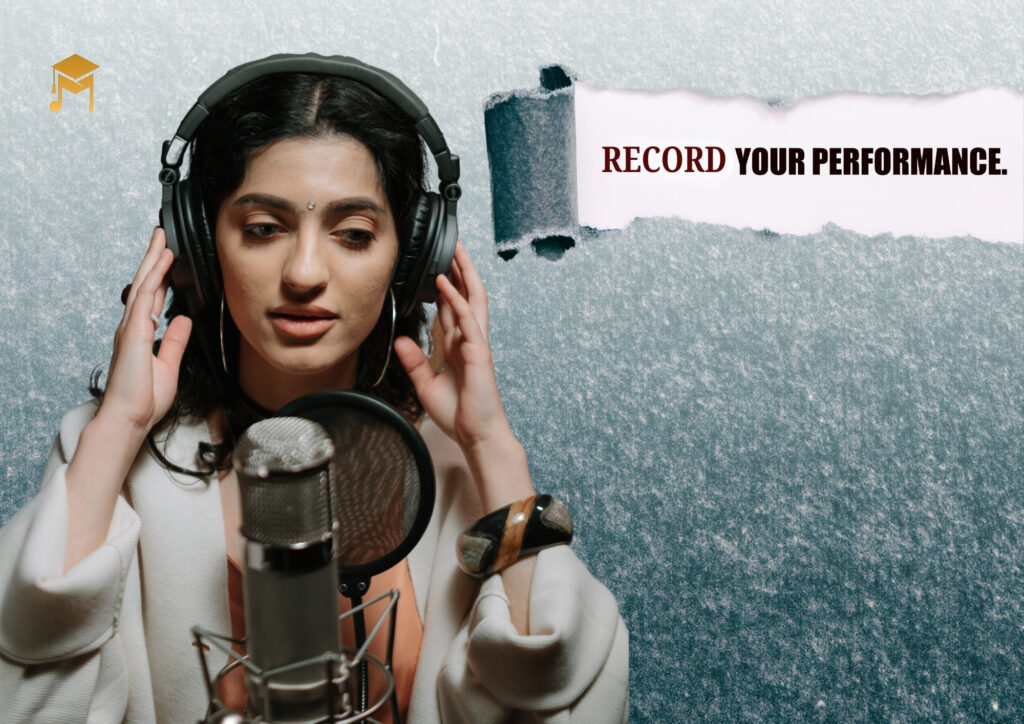Recording your performances | The Secret to Faster Learning
In the world of music, continuous improvement and mastery of one’s craft are paramount. Whether you’re a novice learning your first chords or an experienced musician exploring complex pieces, the journey toward excellence often includes numerous obstacles and challenges. One powerful tool that can dramatically enhance your learning process is the act of recording your performances. This practice not only aids in self-evaluation but also cultivates a deeper understanding of your strengths and weaknesses. Let’s explore how regularly recording your performances can serve as the secret to faster learning and mastery of your musical skills.
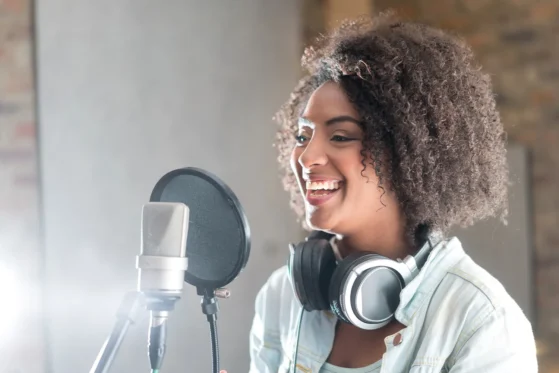
Enhanced Self-Awareness
Recording your performances allows you to become a more self-aware musician. When you listen to your recordings, you gain a new perspective on your playing. You might notice nuances in your tone, timing, and dynamics that you missed while performing. This self-awareness is crucial for identifying areas for improvement. For instance, you may find that you rush certain sections or fail to convey the emotion you intended. By recognizing these aspects, you can make targeted adjustments in your practice sessions.
Tip:
- Listen Actively: When you review your recordings, take notes on specific areas you want to improve. This targeted approach to self-evaluation can significantly enhance your learning process.
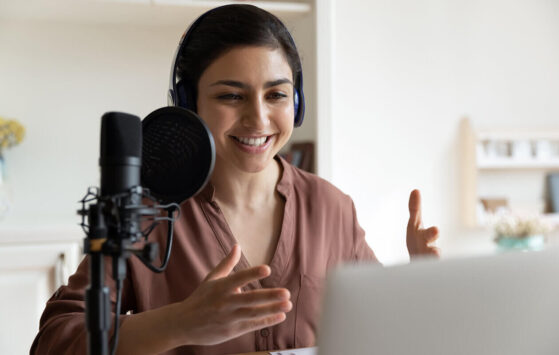
Tracking Progress Over Time
One of the most rewarding aspects of recording performances is the ability to track your progress over time. When you compare earlier recordings with more recent ones, you can hear how much you’ve grown as a musician. This progression can be incredibly motivating, especially during periods when you may feel stuck or discouraged. Understanding how far you’ve come can reignite your passion for practice and performance.
Tip:
- Create a Portfolio: Keep an organized collection of your recordings, categorized by date or performance piece. This portfolio not only showcases your progress but also serves as a reminder of your journey and achievements.
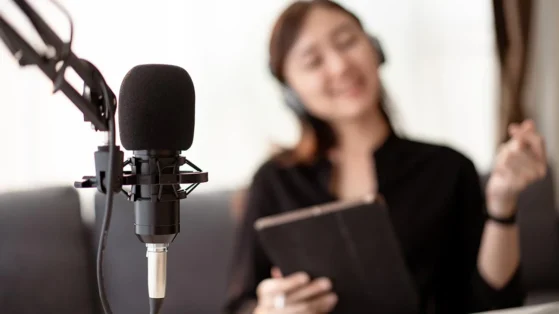
Building Confidence
Regularly recording and listening to your performances can significantly boost your confidence. The more you hear yourself play, the more comfortable you become with your sound and style. This confidence can translate into more relaxed and expressive performances, both in practice and during live settings. Furthermore, positive reinforcement from listening to your own progress can encourage you to take on new challenges, such as tackling more complex pieces or experimenting with different genres.
Tip:
- Celebrate Small Wins: Acknowledge and celebrate improvements, no matter how small. This positive reinforcement will encourage you to keep pushing forward.

Identifying Patterns and Habits
Recording your performances enables you to identify patterns and habits in your playing. You may notice recurring mistakes or tendencies, such as overplaying or underplaying certain notes. By recognizing these patterns, you can focus on specific technical aspects during your practice. For example, if you consistently struggle with a particular section, you can isolate it in your practice sessions and work on it until you feel confident.
Tip:
- Use a Practice Journal: Document your observations from each recording session in a journal. This practice not only helps you track your habits but also encourages reflection on your growth.
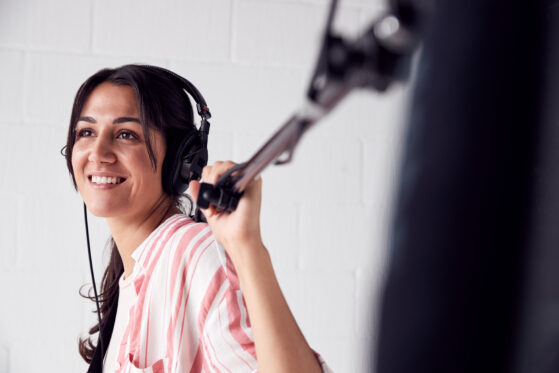
Encouraging Accountability
When you commit to regularly recording your performances, you create a sense of accountability for your practice. Knowing that you will review your recordings can motivate you to put in the necessary effort during practice sessions. This accountability extends beyond just recording; it can encourage you to set specific goals for improvement and strive to meet them before your next recording.
Tip:
- Set Goals: Establish short-term and long-term goals for your practice. This will help maintain focus and ensure your recording sessions are productive.
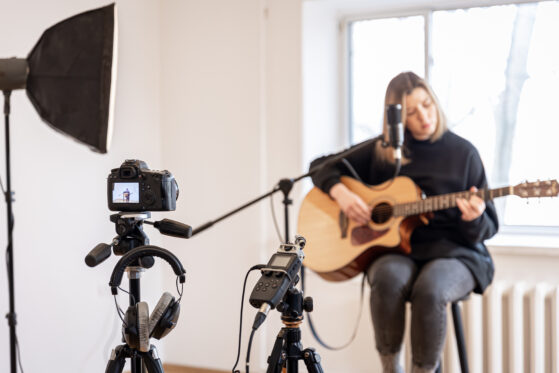
Fostering Creative Exploration
Recording your performances encourages creative exploration and experimentation. When you capture your playing, you create a safe space for trying new ideas, interpretations, and improvisations without the pressure of a live audience. This freedom can lead to unexpected discoveries and personal growth as a musician.
Tip:
- Experiment Freely: Use your recording sessions as an opportunity to experiment with different styles, techniques, and interpretations. You might uncover a unique sound that resonates with you.
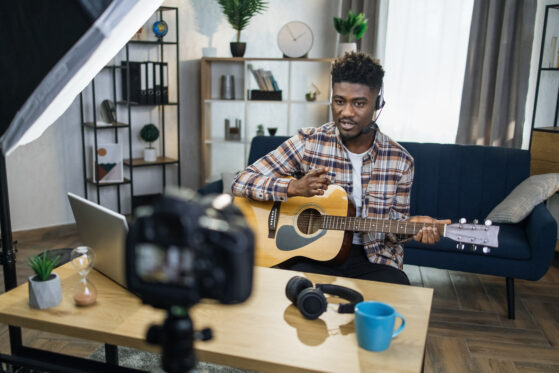
Facilitating Peer Feedback
Sharing your recordings with peers, teachers, or mentors can provide valuable insights and constructive feedback. They may notice aspects of your playing that you might overlook, offering new perspectives and suggestions for improvement. This collaborative learning can deepen your understanding of music and expand your horizons.
Tip:
- Join a Community: Consider joining a music community or online forum where you can share your recordings and receive feedback. Engaging with others can provide encouragement and motivation.
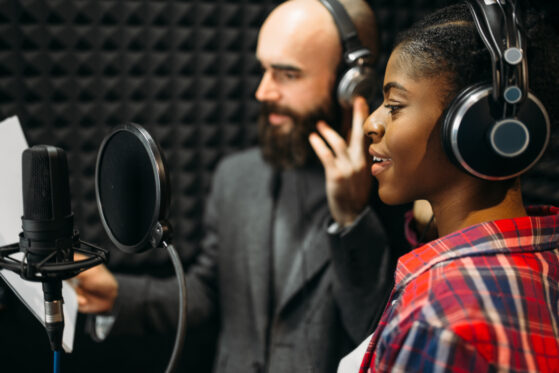
The Role of Technology
Advancements in technology have made recording your performances easier and more accessible than ever. With just a smartphone or a simple recording device, you can capture high-quality audio and video of your playing. Various apps and software also allow for easy editing, enabling you to cut, enhance, or highlight specific sections of your performances.
Tip:
- Explore Recording Software: Invest time in learning user-friendly recording software. Familiarizing yourself with these tools can enhance the quality of your recordings and your overall learning experience.
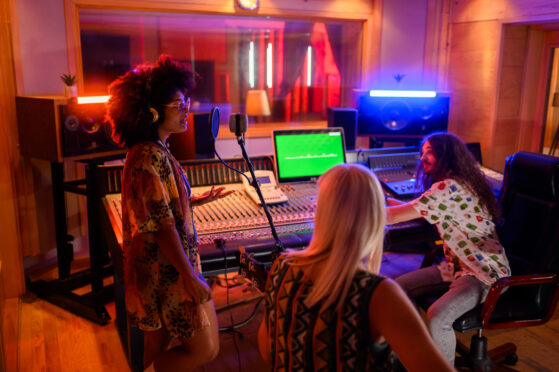
Conclusion | The Path to Mastery
In conclusion, regularly recording your performances is a powerful strategy for faster learning and mastery in music. The practice enhances self-awareness, tracks progress, builds confidence, and fosters creative exploration. By embracing this method, musicians can cultivate a deeper understanding of their craft, identify areas for improvement, and celebrate their achievements.
Incorporate recording into your routine, and watch as it transforms your musical journey. The path to mastery is a continuous one, and with each recording, you’re not just documenting your progress; you’re actively shaping it. So, pick up that recording device, capture your next performance, and unlock the secrets to faster learning!


